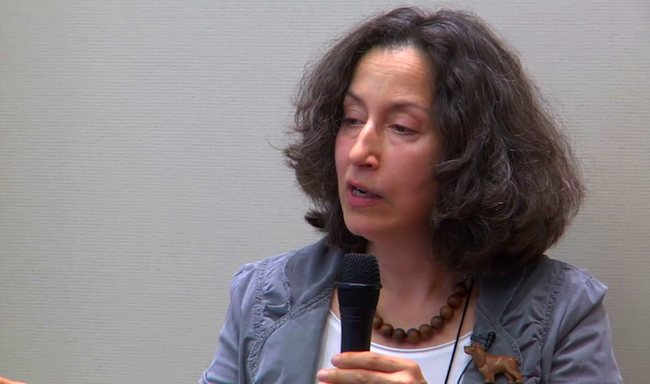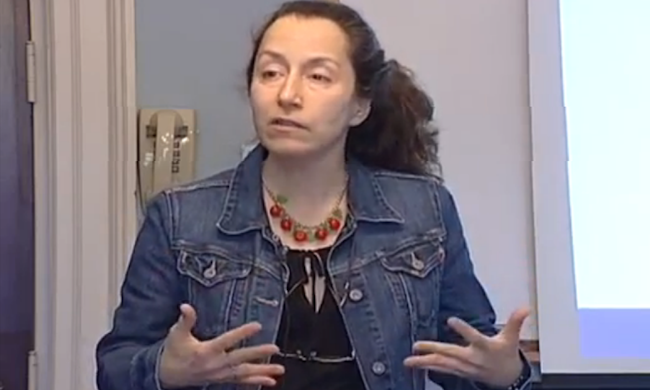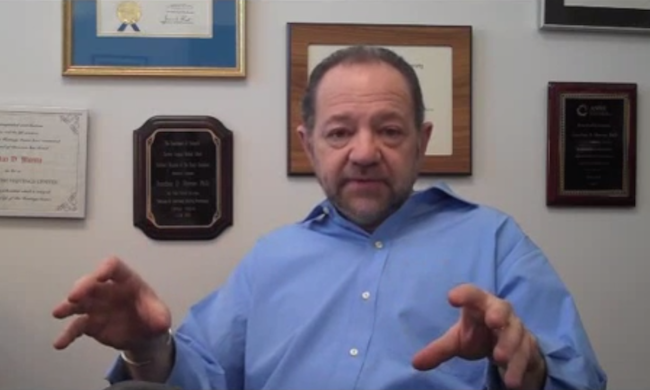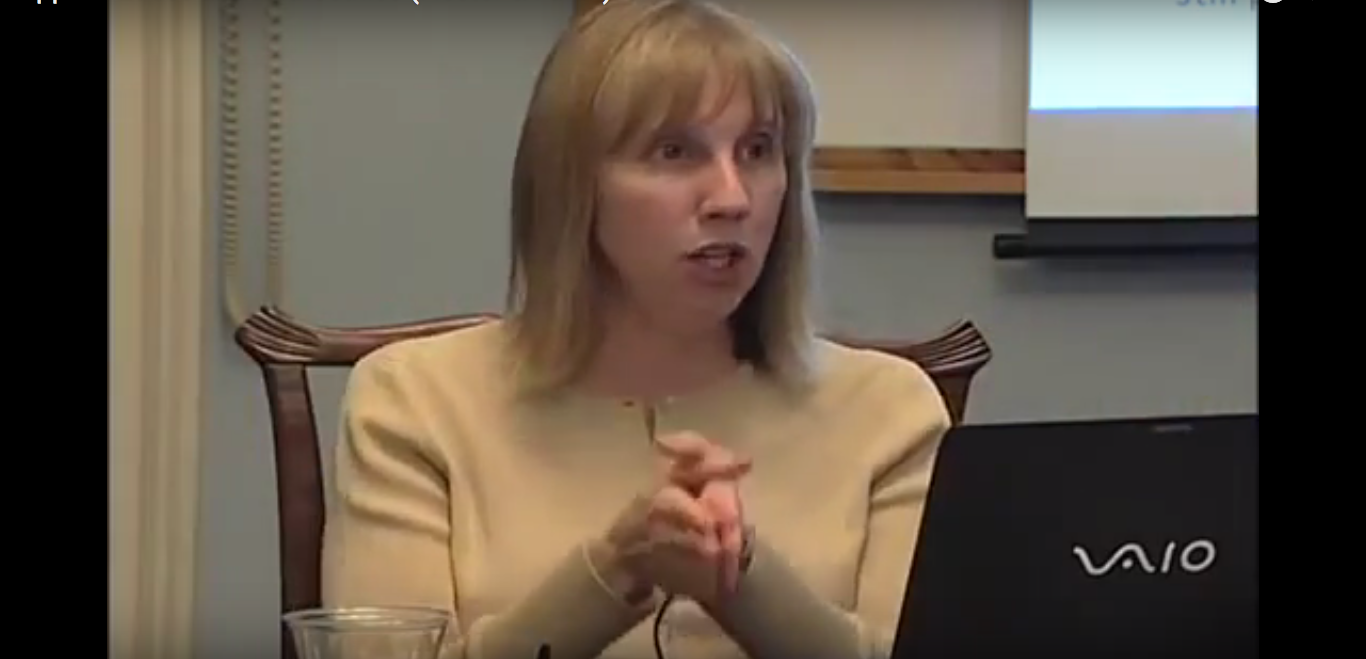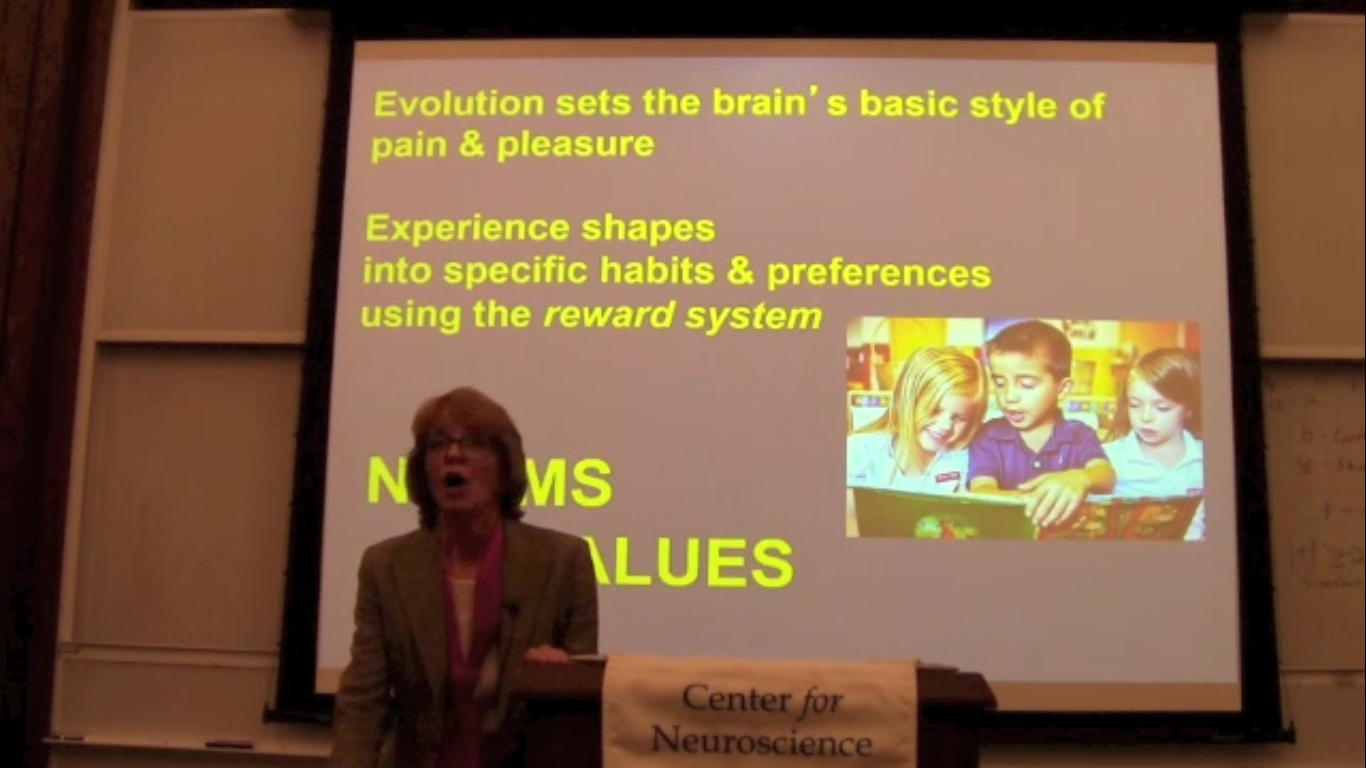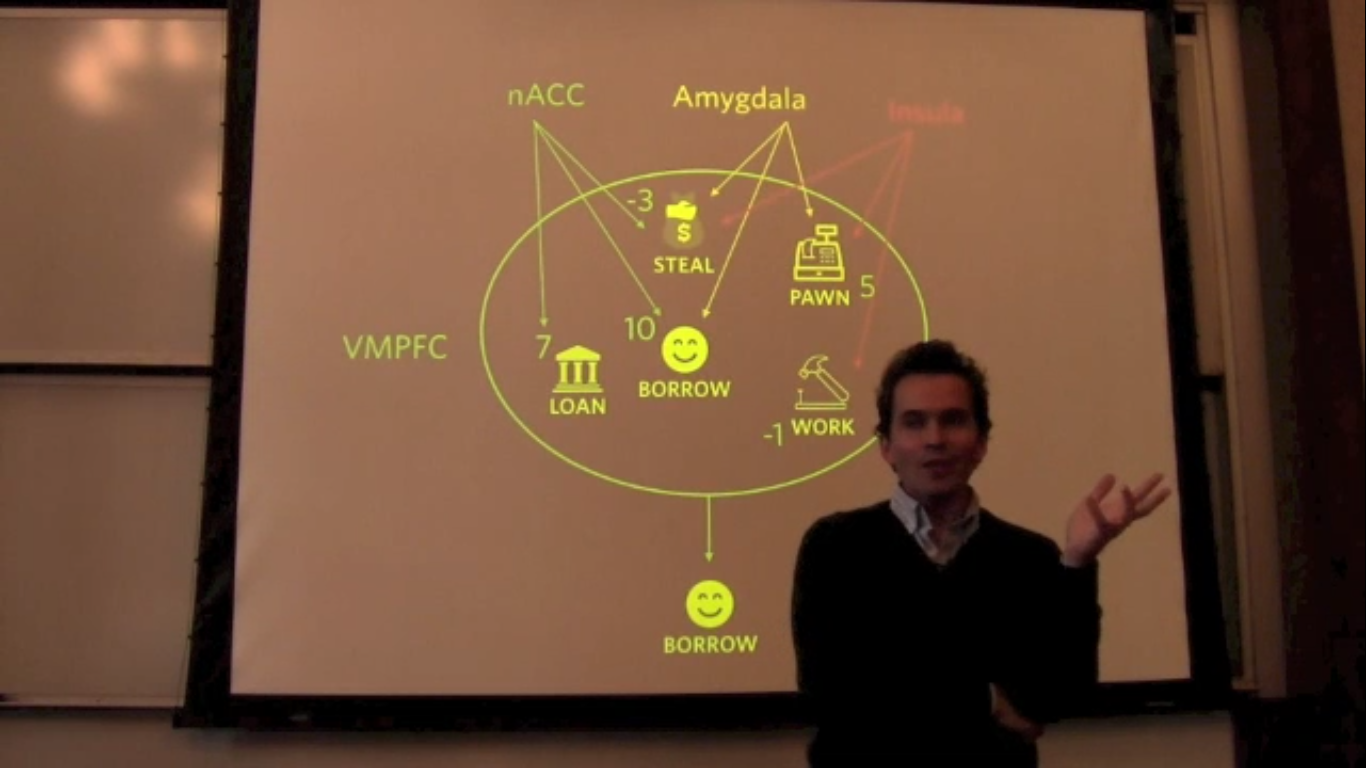This brief introduction to neurolaw focuses on the question "What is the relevance of neuroscience to law?" Professor Farah describes three possible roles for neuroscience, [...]
Introduction to Neuroethics (Martha J. Farah, Ph.D)
In this lecture, delivered at the end of a neuroethics course, Professor Farah provides an “introclusion” (intended as an introduction or conclusion) to the field [...]
Why All the &%$# Paperwork? (Jonathan Moreno, PhD)
Jonathan D. Moreno, Ph.D. Dr. Moreno is the David and Lyn Silfen University Professor and Professor of Medical Ethics and of History and Sociology of [...]
Basic Philosophical & Applied Ethics (Autumn Fiester, PhD)
Dr. Fiester is your guide to the three major frameworks of philosophical ethics: consequentialism, deontology and virtue ethics. Her lecture provides a useful foundation for [...]
Animal Subjects, Human Subjects (Autumn Fiester, PhD)
Neuroscientists need research subjects, and whether the subjects are animals or humans the relationship is complex and potentially fraught with conflicting interests. How can we [...]
Applied Ethics and Neuroethics (Autumn Fiester)
Slides for this talk can be found here.
The Neuroscience of Enhancement: A Framework for Ethical Analysis (William Casebeer, PhD)
William Casebeer, PhD is well known for his work in neuroethics, the evolution of morality, the intersections of cognitive science and national security policy, philosophy [...]
Neurophilosophy and the Origin of Moral Practices (Patricia Churchland)
Patricia Churchland, D.Litt, B.Phil, LLD, was an early proponent of the mutual relevance of neuroscience and philosophy. In her own work she has used developments [...]
From Moral Concern to Moral Constraint: The Next Frontier of Neuroethics (Fiery Cushman, PhD)
Slides for this video can be found here. Fiery Cushman is Assistant Professor of Psychology at Harvard University, where he directs the Moral Psychology Research Laboratory. [...]
